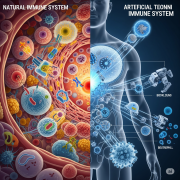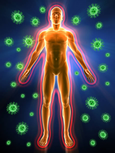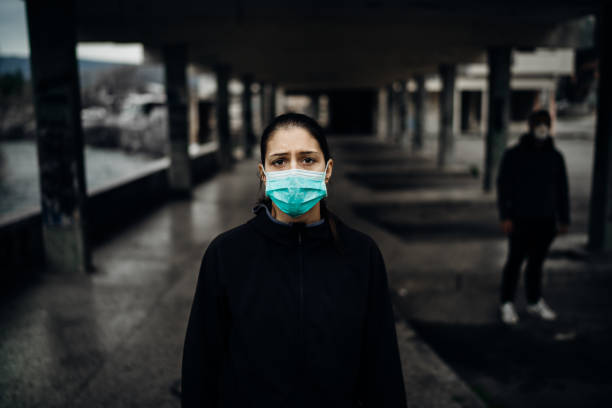Mindfulness For Healing
The link between your mind and body might not be realized how strong it is. Mindfulness, has been proved to be good for your immune system, this is being completely present in the moment without judging. It works through lowering stress, being a big part of keeping your immune system healthy.
The Immune Power of Being There
The Science Behind Mindful Immunity
The body is helped by mindfulness in dealing with stress better. The body releases cortisol when ann individual is stressed. Your immune system may not work well enough when levels of cortisol is high for a long time, making you more likely to get sick. Being aware can lessen the cortisol levels. Mindfulness has been indicated in researches that training helps lower levels of inflammatory indicators. This makes your immune system perform better. It’s about making your body work better by making things calmer inside.
Tuning Into Your Body for Better Health
Boosting the immune system doesn’t have to be spending hours in meditation for mindfulness. Focused breathing for only a few minutes with mindfulness is a great way to begin, relaxing your nervous system. A body scan is another way to do it. This means focusing on each aspect of your body, from your toes to your head. You should notice any feelings without judging them. This technique is helping the person to have greater attention to what your body is trying to tell you and helps you relax.
Endnote
Mindfulness is a great method in strengthening the body’s immune system. It helps lower inflammation and tension. It also helps your body fight off sickness. You may make your body and mind stronger by using basic procedures. It is an important part of a whole-person approach to health.
 Acknowledging Oneself
Acknowledging Oneself Our busy and hectic schedule necessitates us to maintain a healthy and strong immune system. As we look in the market today, lot of supplements are claiming to boost immunity, yet looking for the most useful one is challenging. Supported by scientific studies and professional advice, this blog article will investigate certain immune system supplements that prove successful.
Our busy and hectic schedule necessitates us to maintain a healthy and strong immune system. As we look in the market today, lot of supplements are claiming to boost immunity, yet looking for the most useful one is challenging. Supported by scientific studies and professional advice, this blog article will investigate certain immune system supplements that prove successful. Nitric Boost Ultra has had great experiences reported by many consumers. They compliment the supplement for increasing sexual performance, stamina, and energy levels as well as for improving endurance.
Nitric Boost Ultra has had great experiences reported by many consumers. They compliment the supplement for increasing sexual performance, stamina, and energy levels as well as for improving endurance. Every person’s innate immune system defends against pathogens like bacteria and viruses from birth. Innate defenses include skin, mucous membranes, and inflammation. The good news is that phagocytes can eat hazardous germs. Imagine them as alert knights in gleaming armor, searching the land for danger.
Every person’s innate immune system defends against pathogens like bacteria and viruses from birth. Innate defenses include skin, mucous membranes, and inflammation. The good news is that phagocytes can eat hazardous germs. Imagine them as alert knights in gleaming armor, searching the land for danger. Do cuts, scrapes, or other wounds heal considerably more slowly than usual? This may indicate that your body’s natural healing systems are having difficulty.
Do cuts, scrapes, or other wounds heal considerably more slowly than usual? This may indicate that your body’s natural healing systems are having difficulty. 












